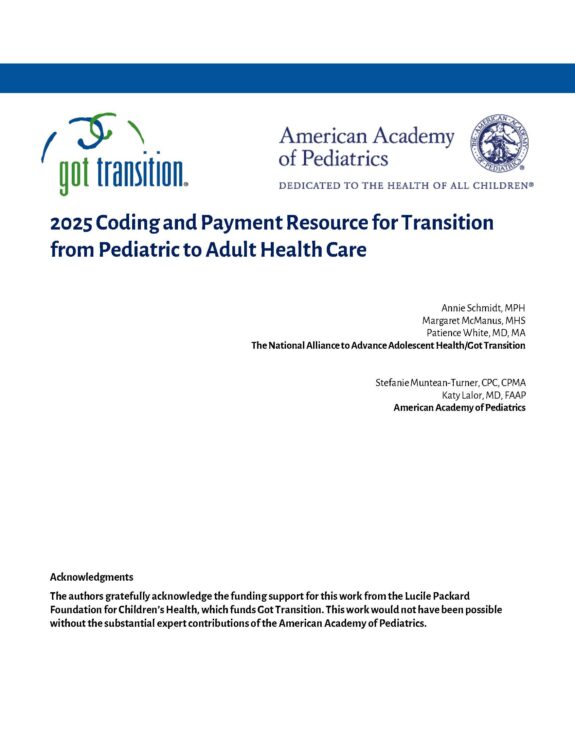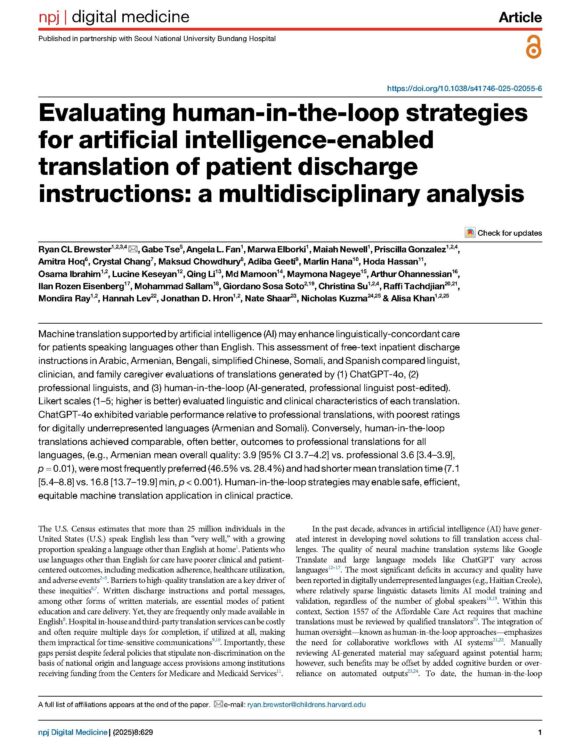The Care Coordination Conundrum and Children and Youth with Special Health Care Needs
For parents of children with special health care needs (CSHCN), it is often overwhelming to manage their children’s entire universe of care, from traveling to appointments with multiple providers, to administering treatments and medicine, to managing educational needs and making sense of insurance coverage.
In a 2012 survey, families with CSHCN identified care coordination as their top priority. At its best, care coordination is a covered service—a command center, of sorts—that addresses the interrelated medical, social, developmental, behavioral, educational, and financial needs of children and their families.
Currently, there is great confusion over who is responsible for providing care coordination services, who should pay for them, and how to get reimbursed for such services. As a result of this inefficiency, CSHCN and their families experience even greater difficulties.
This report discusses why care coordination has been insufficiently financed and reimbursed to date, and what can be done to address these challenges.
Recommendations in the report include:
- Moving care coordination models away from narrowly focused programs and fee-for-service payment in order to achieve long-term financial stability for the service
- Developing risk-adjusted models that help level the playing field and ensure that health plans and providers enroll and serve CSHCN
- Linking care coordination to improved health outcomes
- Requiring greater accountability in order to better evaluate return on investment
Implementation of these strategies will better support pediatric providers and allow families to more readily access the full benefits that care coordination has to offer, thereby greatly alleviating a significant burden on this vulnerable population.
Related Webinar: Hear a parent’s perspective, along with real-life examples from a provider and a payer on how to develop effective local care coordination systems.




